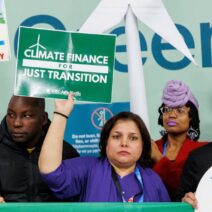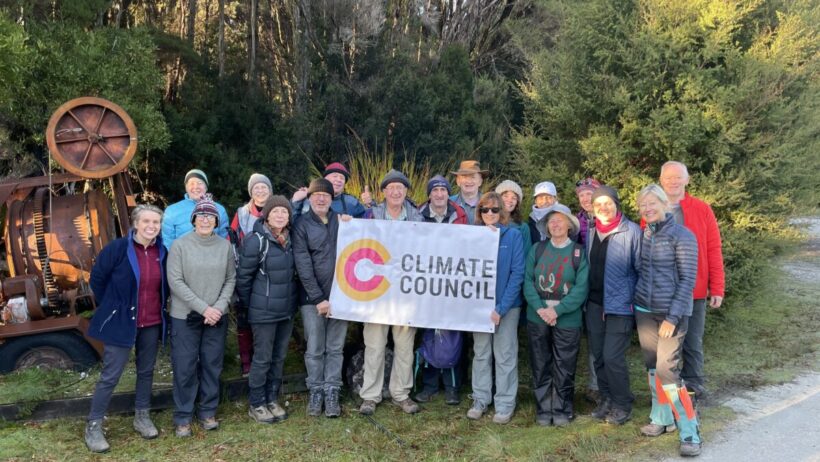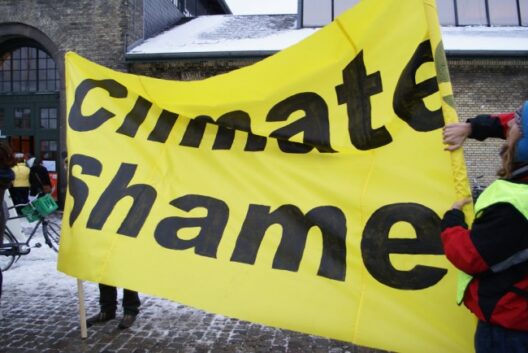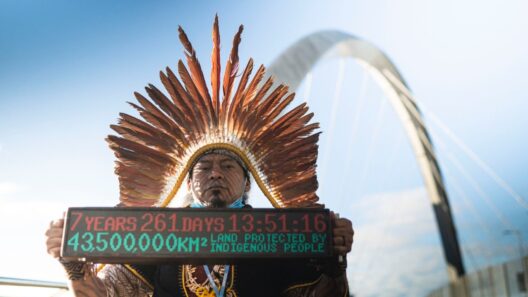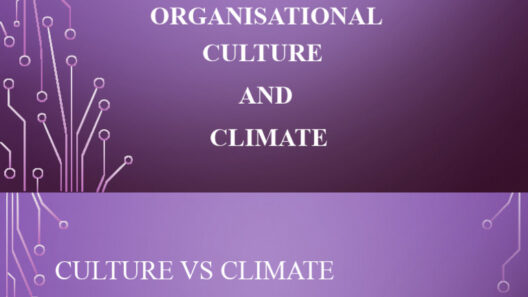Climate change is an unprecedented challenge that looms over the horizon, and it is impossible to ignore the rippling effects felt across various sectors of society. Among the voices that deserve our attention are landowners, whose insights and experiences offer a unique lens through which we can examine the complexities of climate variability. So, what do landowners have to say about climate change? Is it merely an abstract notion, or does it stir genuine concern among those who cultivate the land? As we embark on this exploration, let’s pose a playful question: If farms could speak, what stories would they tell about climate change?
To answer this, we must first understand the myriad ways in which climate change intersects with agriculture, land management, and rural life. Landowners are not only stewards of the soil but also custodians of the delicate balance between nature and human endeavor. Their perspectives provide an invaluable contribution to the discourse surrounding climate resilience and adaptation.
One of the foremost challenges faced by landowners is the inescapable reality of shifting weather patterns. The unpredictability of rainfall and temperature fluctuations has given rise to a plethora of dilemmas, especially for farmers who rely heavily on seasonal cycles. Insights from these individuals reveal that many have begun to perceive climate change not as a distant threat but as an immediate adversary. From drought-stressed crops yielding less to torrential downpours eroding fertile soil, the existential threats are profound.
As one benevolent landowner, Steve Smith, might say, “For us, every rainy season is a gamble. Will we have enough water, or will the sky unleash a deluge that washes our farm away?” This sentiment resonates with a profound sense of urgency that characterizes many landowners’ experiences. The apparent randomness of weather events makes it increasingly difficult for them to plan and adapt, leading to an enforcement of short-term responses rather than long-term sustainability.
Furthermore, landowners are not just passive recipients of these changes; they are at the frontline of the battle against climate change. Many are implementing innovative practices to mitigate its effects. These practices range from diversifying crop rotation strategies to adopting regenerative agriculture techniques designed to restore the health of the soil. As cultivation practices evolve, landowners are starting to embrace a philosophy that intertwines their economic viability with environmental stewardship.
However, while some landowners demonstrate resilience and ingenuity, others express frustration over the perceived lack of support from governmental and institutional entities. The question looms large: Are these new environmental policies sufficient to protect the interests of landowners? Encouraging dialogue on this topic may unearth the varied experiences and aspirations of these individuals. Some may find the policies supportive while others deem them inadequate, raising a vital conversation on how legislation can be molded to bolster resilience while respecting the rights and traditions of landowners.
If we slip into the shoes of landowners, we may stumble upon their intimate relationship with their land. For many, the bond runs deep; it is intricately woven with family heritage and community identity. This emotional connection amplifies the stakes involved in the climate change discussion. Landowners often find themselves torn between wanting to preserve the land for future generations and the immediate pressures of profitability. Would they risk their heritage for ephemeral gains, or do they have a moral obligation to safeguard their legacy against the ravages of climate change?
In recent years, a noticeable shift has emerged in the narrative surrounding landownership and climate action. Community-driven initiatives have taken root across various locales, showcasing an inspiring tapestry of collaboration among landowners. Engaging in peer-to-peer learning, sharing best practices, and participating in local workshops empower landowners to tackle climate-related challenges collectively. This communal approach not only amplifies individual voices but also builds a collective resilience against shared adversities.
Engaging stories abound within these communities, where local heroes emerge; they lead initiatives such as tree planting, soil enrichment projects, and water conservation strategies. Yet, the road ahead remains fraught with challenges. The question remains: Can these communal efforts catalyze a larger movement that transitions us towards a sustainable future?
As the discourse around climate change continues to unfold, focusing on landowners’ perspectives sheds light on a pivotal aspect of this multifaceted issue. Despite their varying experiences, it is clear that landowners have a wealth of knowledge to share. The interplay between climate change and agriculture is complex and requires a collaborative approach that includes landowners as key stakeholders in the conversation.
In conclusion, understanding the viewpoints of landowners regarding climate change is essential to developing holistic and effective strategies for addressing this pressing challenge. Listening to their narratives, acknowledging their struggles, and empowering them with necessary resources will ensure that we are not just confronting climate change but are also paving the way for a resilient agricultural landscape for future generations. So, next time you pass a farm or a plot of land, ask yourself—what is the story it could tell about climate change?


